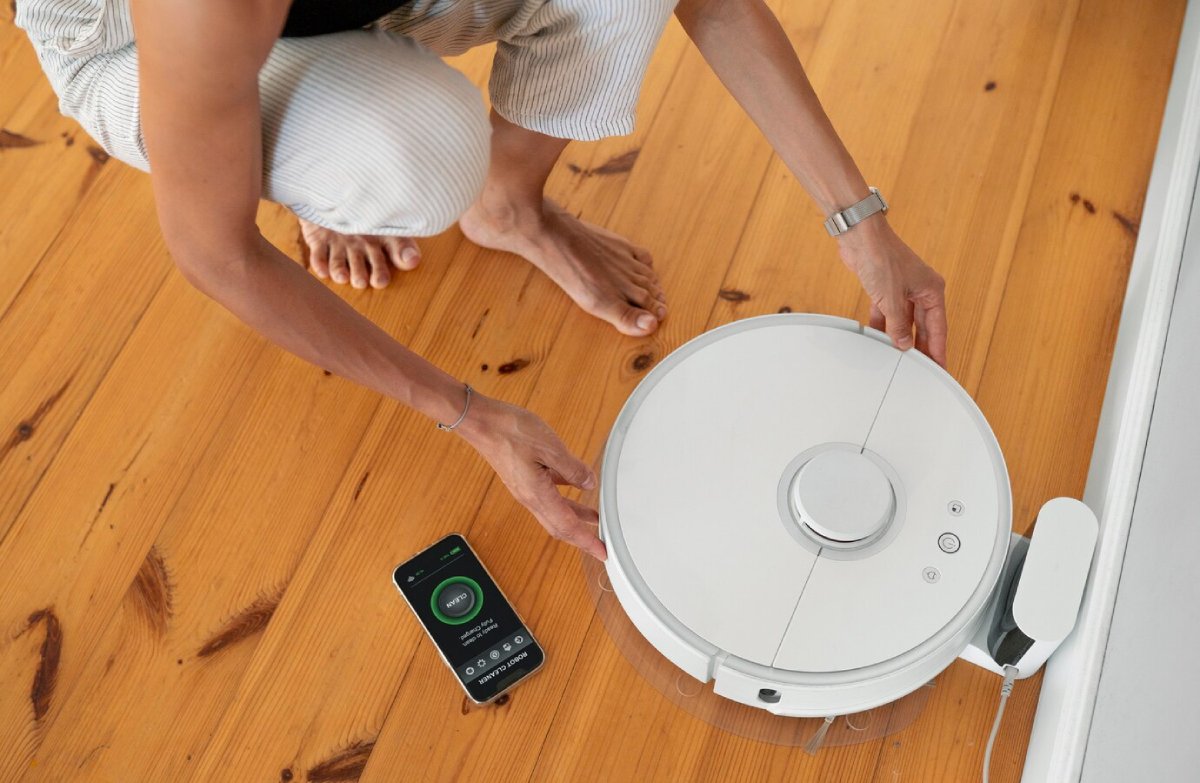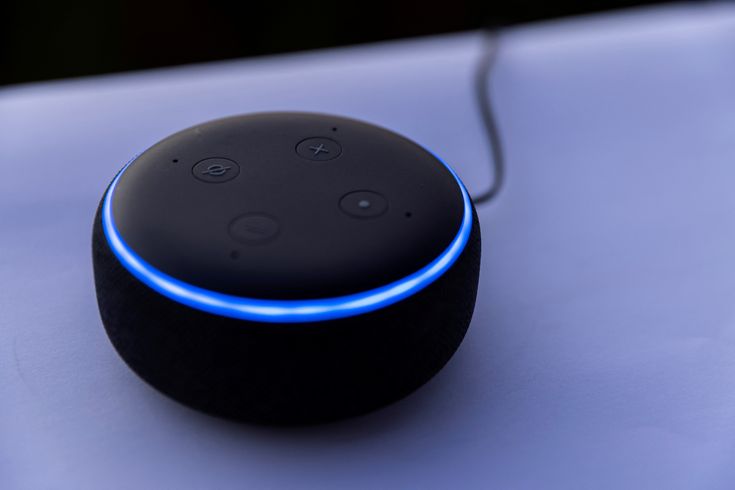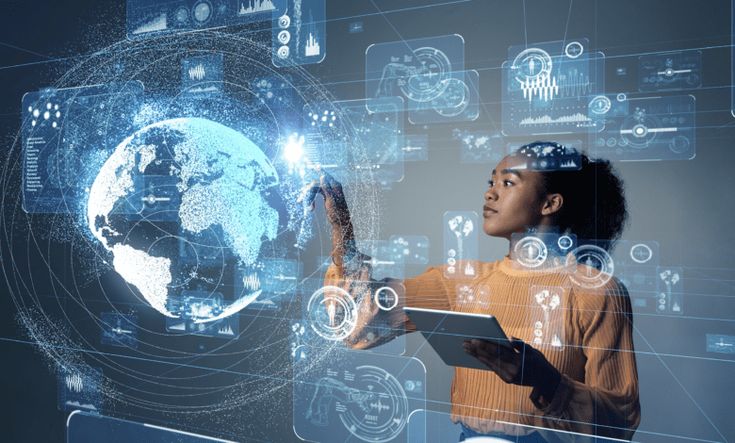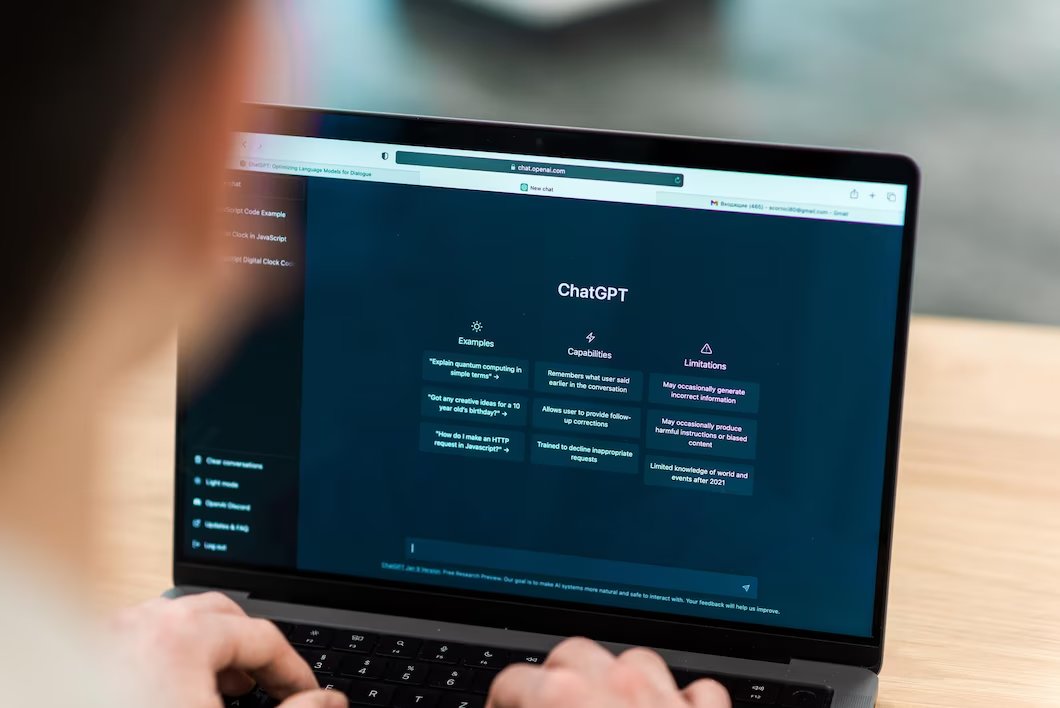How AI is Transforming Everyday Life and Work
Artificial intelligence (AI) has leapt from the pages of science fiction into our everyday tapestry. It’s a quiet puppeteer. It shapes everything, from tailored binge-watching picks to major business changes. AI-driven innovations change our personal and work lives. They bring convenience, efficiency, and better decision-making. Our research explores how AI changes daily life and the

Artificial intelligence (AI) has leapt from the pages of science fiction into our everyday tapestry. It’s a quiet puppeteer. It shapes everything, from tailored binge-watching picks to major business changes. AI-driven innovations change our personal and work lives. They bring convenience, efficiency, and better decision-making.
Our research explores how AI changes daily life and the workplace. It highlights important trends driving this tech revolution. Yet, the growing influence of AI transcends mere automation. It’s about weaving AI into various sectors, crafting smarter solutions that propel progress. By understanding these advancements, people and businesses can access AI’s benefits. This leads to ongoing growth and greater efficiency.
Pro Tip: Use AI tools such as smart calendars and writing assistants. They can boost your daily efficiency.
Quick Guide: Preparing for AI Transformation
- Understand AI’s Role: Explore how AI applications affect your daily life and work.
- Spot Key AI Trends: Keep up with new trends, such as generative AI and ethical issues.
- Upskill for the Future: Develop digital literacy and AI knowledge to stay competitive in the evolving job market.
Pro Tips: Using AI technologies needs a careful balance of innovation and ethics.
Important:
AI isn’t just a trend—it’s a transformation. Its influence is already woven into the way we live and work, often without us even noticing. Embracing AI now isn’t about racing toward the future; it’s about staying relevant in the present. The key? Balance innovation with ethics, automation with human creativity, and efficiency with empathy. Adaptation isn’t optional—it’s your edge.

Understanding AI’s Role in Everyday Life
AI has become an integral part of our daily routines, often in ways we may not notice. AI makes life easier. It recommends shows on Netflix and helps with voice commands on smart devices.
Smart Assistants and Personalized Experiences
Virtual assistants like Amazon Alexa, Google Assistant, and Apple Siri exemplify AI’s influence. These assistants use machine learning and NLP to understand user commands. They then give relevant responses. Beyond voice assistants, AI also personalises user experiences on various platforms:
- E-commerce: AI suggests products from your browsing history, checks stock levels and runs customer support chatbots.
- Healthcare Apps: Fitness and health apps use AI for personalised workout plans. They also monitor vital signs and allow virtual consultations with AI chatbots.
AI in Smart Homes
AI-powered smart home devices simplify household tasks, offering convenience and efficiency. For instance:
- Smart Kitchen Appliances: Smart fridges recommend recipes based on available ingredients.
- Robotic Vacuum Cleaners: AI-driven mapping optimises cleaning schedules and enhances home maintenance.
AI in Transportation
AI is steering transportation into uncharted territories. From self-driving cars to savvy navigation systems, innovation is the name of the game. Visionaries like Tesla and Waymo are racing ahead with autonomous driving technologies. Meanwhile, ride-sharing giants Uber and Lyft harness AI’s brilliance for route optimisation. They are cutting travel times and rethinking our trips. AI traffic systems also boost safety and reduce congestion in cities.

AI’s Impact on the Workplace
AI is reshaping industries by automating tasks, enhancing decision-making, and driving innovation. As businesses use AI, job roles change. Employees now focus more on strategy and creativity.
Automation and Job Evolution
AI-powered automation is transforming the workforce. Some worry about losing jobs, but AI creates new chances. It takes care of repetitive tasks, so employees can focus on more important work.
Key areas of AI-driven automation include:
- Customer Support: AI chatbots handle routine queries, enhancing response times and customer satisfaction.
- Manufacturing: AI-powered robots optimise production processes, improving efficiency and safety.
- Finance: AI algorithms find fraud, speed up transactions, and give personalised investment advice with real-time data.
AI in Healthcare
AI is revolutionising healthcare, paving the way for brighter patient futures. Early diagnosis, tailored treatment plans, and improved outcomes are just the beginning.
- Medical Imaging: AI sharpens diagnostic precision, unveiling hidden anomalies in medical scans.
- Predictive Analytics: AI dives into patient data. It highlights health risks and guides preventive actions.
- Virtual Health Assistants: AI chatbots are always available. They provide 24/7 medical help, schedule appointments, and send medication reminders.
AI in Marketing and Business Strategy
AI helps businesses see how consumers act. It uses data analytics to improve marketing strategies.
- Personalised Advertising: AI tailors advertisements to user preferences, improving engagement and conversion rates.
- Content Creation: AI tools help create content for various audiences and platforms.
- Customer Insights: AI analytics help businesses predict trends and refine product offerings.

Emerging Artificial Intelligence Trends
AI is continuously evolving, with emerging trends influencing its future applications across industries. Staying updated on these trends is essential for leveraging AI effectively.
Generative AI and Content Creation
Generative AI tools, such as ChatGPT and DALL-E, are revolutionising content creation. Businesses utilise generative AI for:
- Copywriting and Blogging: AI generates high-quality content efficiently.
- Graphic Design: AI creates visually appealing designs for marketing purposes.
- Video Editing: AI enhances video production by automating tedious tasks.
AI Ethics and Regulation
AI is quickly becoming part of our daily lives. As this happens, concerns about ethics and accountability are growing louder. Governments and organisations are creating rules to help AI develop responsibly.
- Bias Reduction: Developers aim to eliminate biases. They work to ensure fairness in hiring, lending, and justice.
- Data Privacy: Regulations like GDPR highlight user rights and safeguarding personal data.
- Transparent AI: Explainable AI models cultivate trust, unravelling the mystery behind AI-driven decisions.
AI and the Future of Work
AI will change jobs by creating new roles that require specific skills. Companies are investing in training. They want employees to work well with AI systems.
Adapting to the AI Transformation
As AI grows, people and businesses need to adapt. They must create plans to succeed in an AI-driven world.
Embracing AI in Daily Life
To fully benefit from AI-driven innovations, individuals can:
- Use AI-powered productivity tools like translation apps and smart calendars.
- Stay informed about AI trends and their impact on industries.
- Develop digital skills and AI knowledge to improve career prospects.
Preparing Businesses for AI Integration
Businesses must adopt AI strategically to maximise their potential. Key steps include:
- Automate Processes: Use AI to streamline operations and enhance decision-making.
- Upskill Workforce: Offer AI training so employees can work well with AI systems.
- Work with AI experts: This will help to create ethical solutions that follow the rules.
Frequently Asked Questions (FAQs)
1. How is AI impacting daily life?
AI is the secret sauce in our everyday lives. From voice assistants that chat like a friend to personalised content that curates our interests, it’s a daily delight. Smart home devices are now our efficient sidekicks. And let’s not forget self-driving cars and ride-sharing services that revolutionise transport.
2. What industries are most affected by AI transformation?
AI is a game-changer in a variety of industries. In healthcare, it diagnoses with precision; in finance, it analyses data at lightning speed. Manufacturing is streamlined; transportation gets a boost. Marketing and customer service see automation, enhancing efficiency and decision-making across the board.
3. Will AI replace human jobs?
AI is like a magician, automating mundane tasks for workers. This lets employees channel their creativity into high-value work. While certain jobs may evolve, AI opens doors to new roles, calling for fresh skills and expertise in technology.
4. How can individuals prepare for the AI-driven future?
Embrace the future by learning the ABCs of AI. Build your digital literacy to stay ahead of the curve. AI-powered tools can supercharge your productivity. Keeping a pulse on AI trends can help navigate the shifting job landscape with ease.
5. How is AI used in healthcare?
AI is a healthcare superhero, transforming patient care. It excels in medical imaging and predicts risks with data magic. With around-the-clock virtual health assistance, it’s vital for modern medicine. Personalised treatment plans and preventive measures are elevated, ensuring better outcomes for all.
The Future of AI: Embracing Change and Innovation
AI transformation redefines daily life and work by driving efficiency, innovation, and growth. From smart assistants to personalised recommendations, AI’s influence extends across industries. Business automation and AI-driven healthcare are key examples. Enter the realm of tomorrow, where businesses that weave AI into their fabric will flourish. Those who dance with change will find harmony in this tech-driven symphony. Staying ahead means keeping your finger on the pulse and welcoming innovation. With open arms, embrace these advancements to carve your path to success in this ever-evolving landscape.